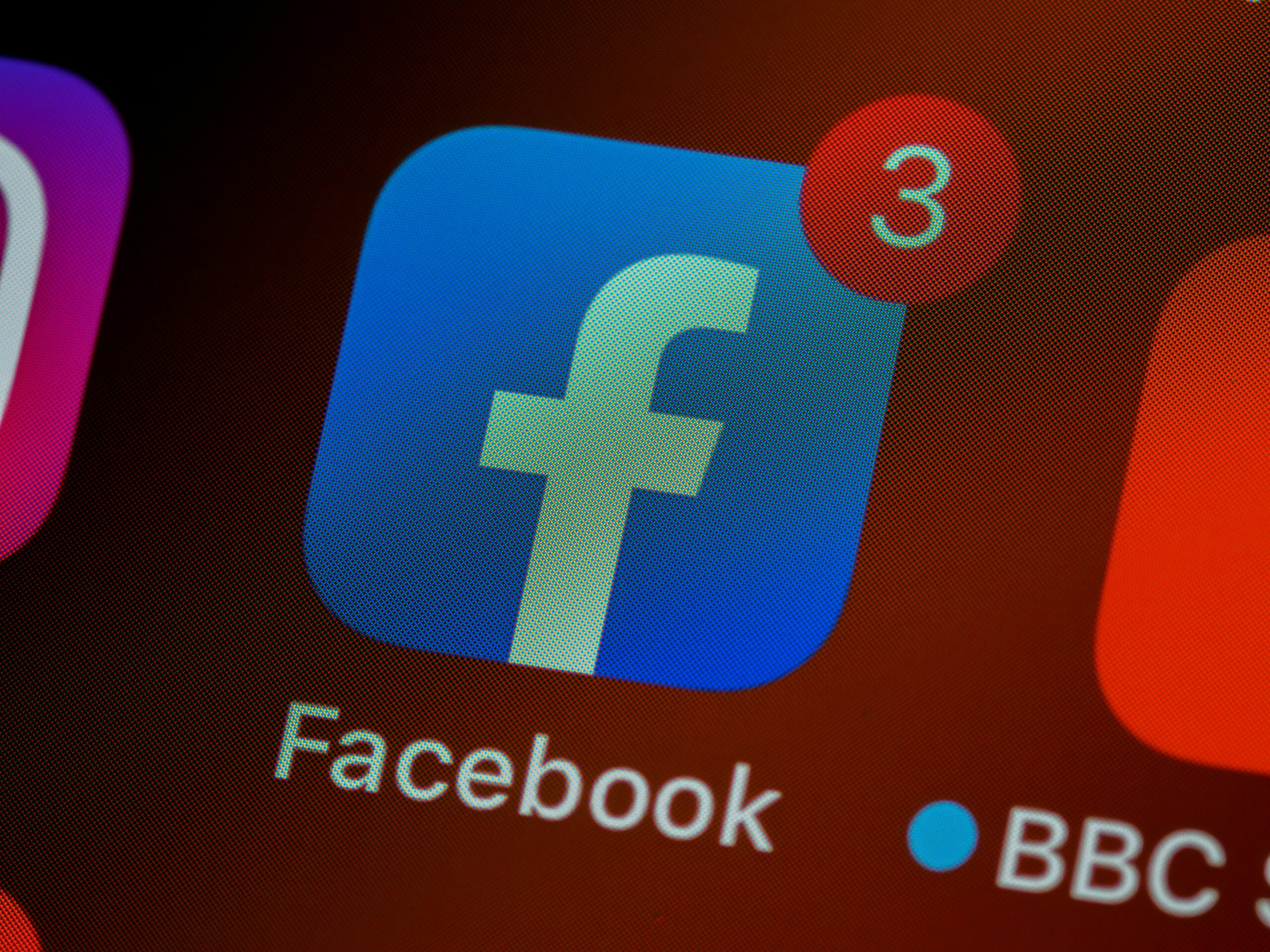The Impact of Social Media on Mental Health
In an era dominated by digital connectivity, the influence of social media on mental health has become a topic of paramount concern. Social media platforms have woven themselves into the fabric of our daily lives, profoundly impacting the well-being of individuals.
Amid the enticing allure of social media platforms like Facebook, Instagram, Snapchat, TikTok, and more, the effects on mental well-being have gained significant attention. As we navigate this intricate terrain, we explore not only the ways social media fosters self-expression, connections, and support, but also the challenges it poses, including cyberbullying, FOMO (Fear of Missing Out), and the cultivation of unrealistic body image ideals. Delving into the psychological mechanisms at play, this article aims to provide a comprehensive understanding of how the dopamine-driven reward system of social media can influence our mental health outcomes.

What Is Social Media?
Social media is a digital landscape where individuals and organizations connect, communicate, and share content in various forms, including text, images, and videos. It serves as a virtual platform that facilitates social interaction and networking, transcending geographical boundaries. Users create profiles, engage in real-time communication, and have the option to personalize their experience based on their preferences.
The diverse range of social media platforms includes social networking sites like Facebook and LinkedIn, microblogging platforms such as Twitter, image-sharing platforms like Instagram, video-sharing sites including YouTube, and many more.
Understanding Social Media Use
Social media use is widespread among adolescents and young people. According to the Pew Research Center, a significant percentage of American adolescents and young adults are active on various social media platforms. It has become a primary means of communication and self-expression, allowing individuals to share their experiences, connect with friends, and discover new trends and interests. However, it’s essential to examine the potential effects of this pervasive technology on mental well-being.
The Positive Effects of Social Media
Social media platforms can have positive impacts on mental health. They provide spaces for self-expression and connection with others, which can enhance feelings of social well-being. For instance, support communities and mental health awareness campaigns on platforms like Instagram and Twitter have been instrumental in breaking down the stigma surrounding mental health issues. These platforms enable young people to share their experiences and find solidarity with others facing similar challenges. Such positive interactions can boost mental well-being and decrease feelings of isolation.
- Connection and Support
- Peer Support Groups
- Positive Social Interaction
- Mental Health Apps
Social platforms can be valuable resources for those seeking to improve their mental health or support their recovery.
The Negative Effects of Social Media
Conversely, social media use can have detrimental effects on mental health. Cyberbullying, for instance, is a prevalent issue that affects many adolescents and young adults. The constant exposure to curated images and lifestyles on platforms like Instagram can lead to unfavorable comparisons, contributing to low self-esteem and body image issues. Moreover, the fear of missing out (FOMO) often leads to excessive scrolling and compulsive checking of social media, resulting in higher levels of stress and anxiety.
- Cyberbullying and harassment:
- Fear of missing out
- Peer comparison and self-esteem issues
- Excessive screen time
- Insomnia
- Not focusing at work or school
Identifying Social Media Mental Health Challenges
It’s crucial to recognize the signs and symptoms of social media-related mental health issues. Adolescents and young adults who experience declines in psychological well-being or engage in self-harming behaviors may be influenced by their social media habits. As parents, educators, and healthcare professionals, it’s important to be vigilant and offer support to those in need.
Coping Strategies and Solutions
To mitigate the negative impact of social media on mental health, it’s essential to develop coping strategies and solutions. This includes:
- setting healthy boundaries for screen time’
- encouraging face-to-face social interactions
- teaching digital literacy
Stakeholders of Social Media & Mental Health
These individuals play essential roles in providing support, guidance, and interventions for adolescents and young adults facing mental health challenges related to their online activities.
Parents
Recognizing signs of social media-related mental health issues in their children, such as changes in behavior, emotional distress, or academic decline, is essential. Early intervention can make a significant difference in the outcomes.
Educators
Educators can also watch for signs of social media-related stress or bullying within the school environment and provide support or connect students with appropriate resources.
Healthcare Professionals
Healthcare professionals should be well-informed about the latest research and trends in social media use to provide relevant guidance and interventions.
Final Thought
While social platforms offer various opportunities for social interaction and self-expression, it also poses challenges that can affect the well-being of adolescents and young adults. Researchers, policymakers, and individuals must continue to explore the ever-evolving relationship between social media and mental health to promote happiness and wellbeing.
About Celadon Recovery
Celadon is comprehensive addiction and mental health treatment center located along the shores of the Caloosahatchee River in Fort Myers, Florida. With a full-continuum of care including detox, residential, and outpatient programs, we are committed to quality substance use and co-occurring disorder care. Call us today at 239-266-2141.





